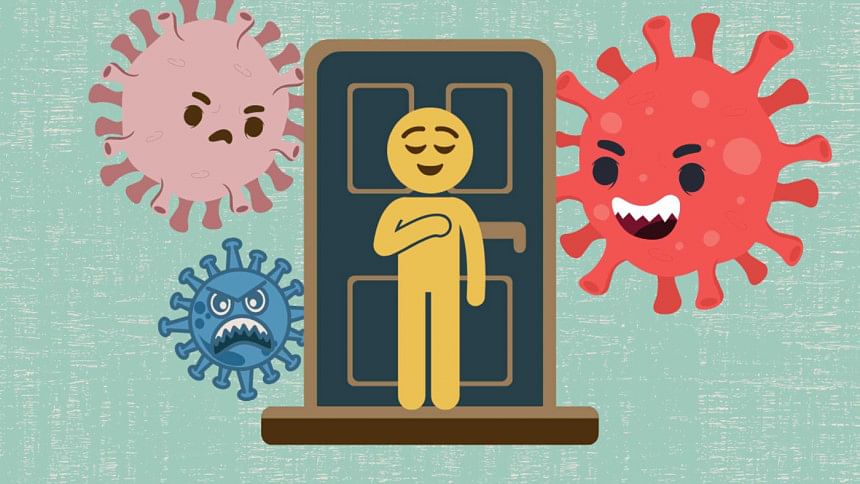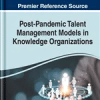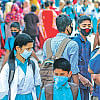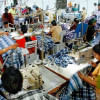Never had COVID? Curious Case of NOVIDS

Have you considered yourself a Novid? If you do not know what the term means, it refers to someone who has never had COVID-19, special or just blessed with plain luck. Experts and researchers alike are trying to decipher the phenomena. In a post-pandemic world, almost everyone you know has been infected at some point. However, we all know someone who says they have never had it. A good amount of data indicates that millions who believe they never had COVID were infected by it but didn't get tested due to no symptoms or simply thought they had regular flu or allergies.
That said, experts are studying some people who have managed to avoid COVID and figure out why. To put it into perspective, people working from home, consistently wearing masks and maintaining social distance are actively shielding themselves from the virus.
However, others may have genetic or immune system advantages that offer greater protection. Take it as a genetic blessing from God. The other portion of these people may have had prior exposure to similar viruses or got medicated for other conditions that provided some defence. Researchers call them "NOVIDS". What's surprising is that some of them have also lived or worked in high-exposure environments.
Which is why the question remains, do these people have an impeccable immune system or are NOVIDS just by luck? Researchers are trying to find out and identify the defensive factors which can prevent other people from getting sick.
Here's what we know so far:
Taking safety precautions
Taking preventive measures and getting timely vaccinations could be the key for NOVIDS to be how they are. Maintaining proper personal safety and hygiene, avoiding crowded places, working remotely, using sanitisers, and avoiding travel are some crucial measures that can protect one from Coronavirus to a great extent when properly implemented.
Genetic makeup
Research suggests that a specific genetic makeup may be the driving cause to be more vulnerable to catching COVID-19. On the other side of the coin, researchers also note that certain gene sequences could also provide a protective effect. To put it simply, immune response to various health conditions can also work against COVID-19. One such case has been found for people with food allergies. In a May 2022 study, researchers reported that people with food allergies seemed to have a lower COVID-19 risk.
Luck
An internal medicine doctor at the University of Colorado Hospital, Dr Thomas Campbell, believes that the biggest reason behind people not getting infected is due to luck. Studies show that even with the highly contagious Omicron variants, about 1 in 4 people got infected. This low percentage shows that people can be exposed to the virus and still not get sick. He added that it could be a matter of timing. The infection window can be from the day before symptoms appear to about five days of being sick. "So, if you come into contact with people beyond that window, then the chances of getting an infection are less," he explained.
Mild symptoms or asymptomatic
Researchers at the University of Bern in Switzerland studied more than 28,000 COVID cases worldwide. They discovered that 42 percent of those infected had no symptoms, meaning people who claimed to be NOVIDS might have been infected but were asymptomatic. They could have experienced mild symptoms, which could easily be confused as symptoms of flu, cold or allergies. By doing this, people might not have gotten themselves tested for COVID when they could have been infected with it.

 For all latest news, follow The Daily Star's Google News channel.
For all latest news, follow The Daily Star's Google News channel. 








Comments